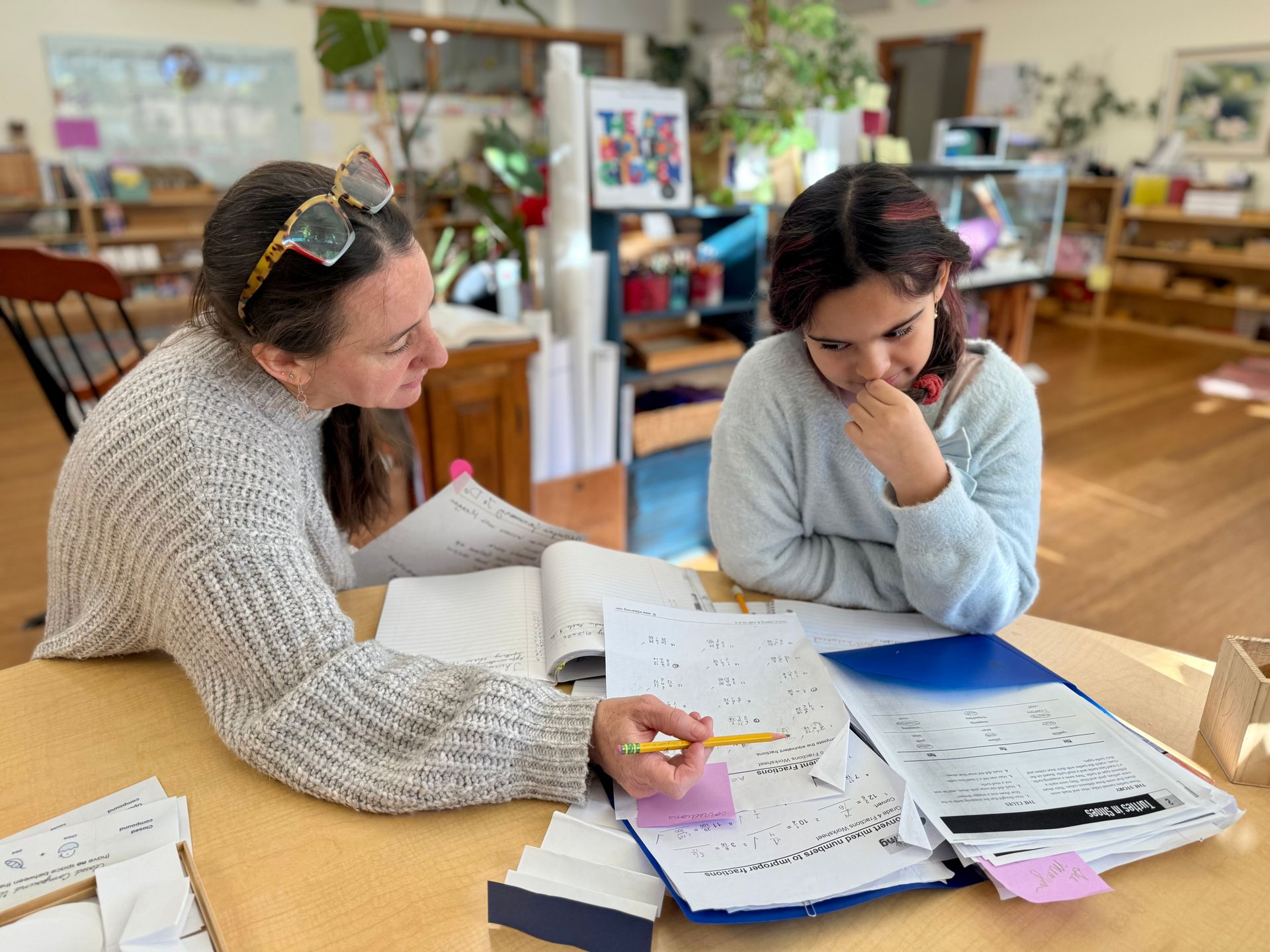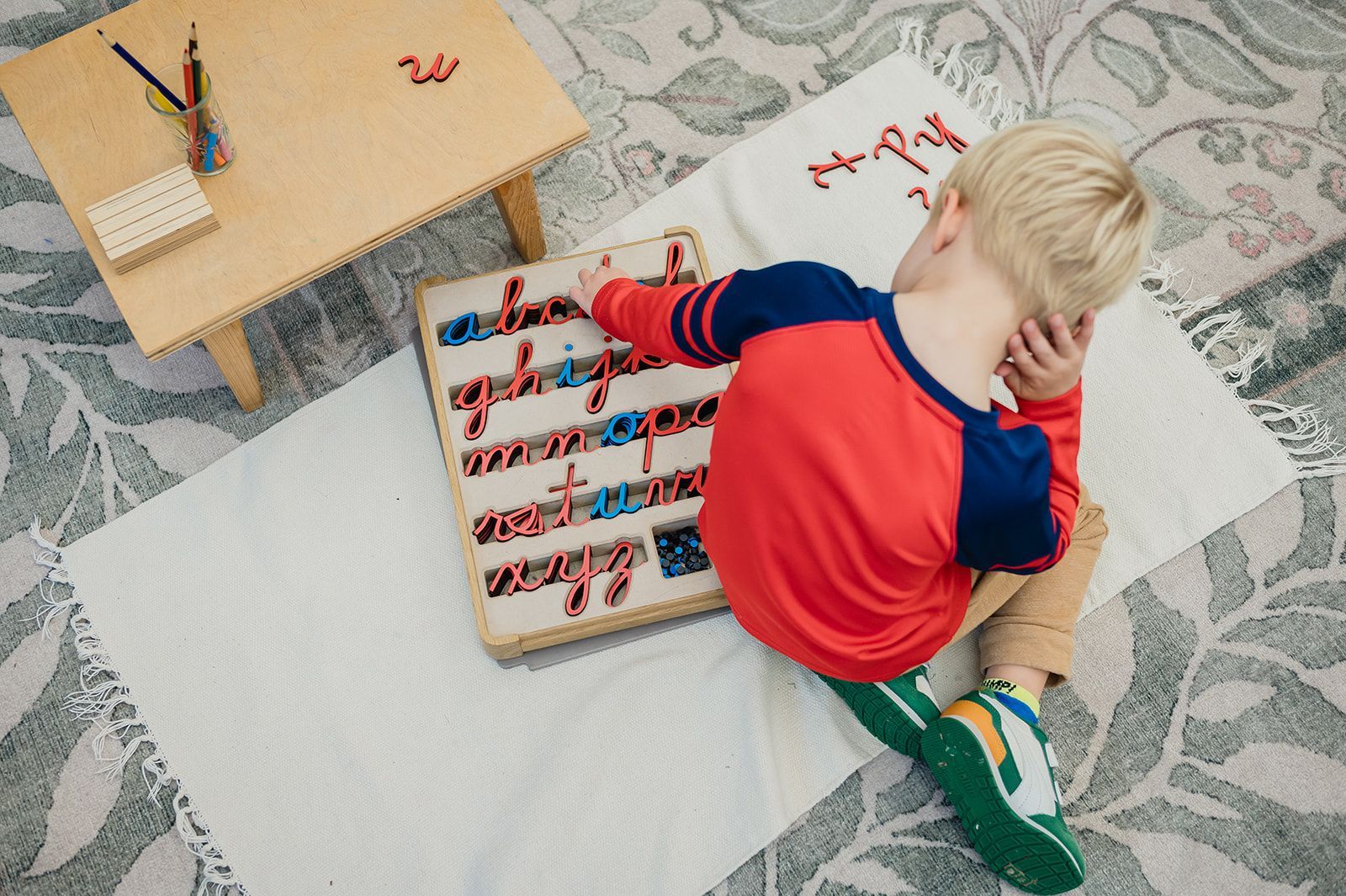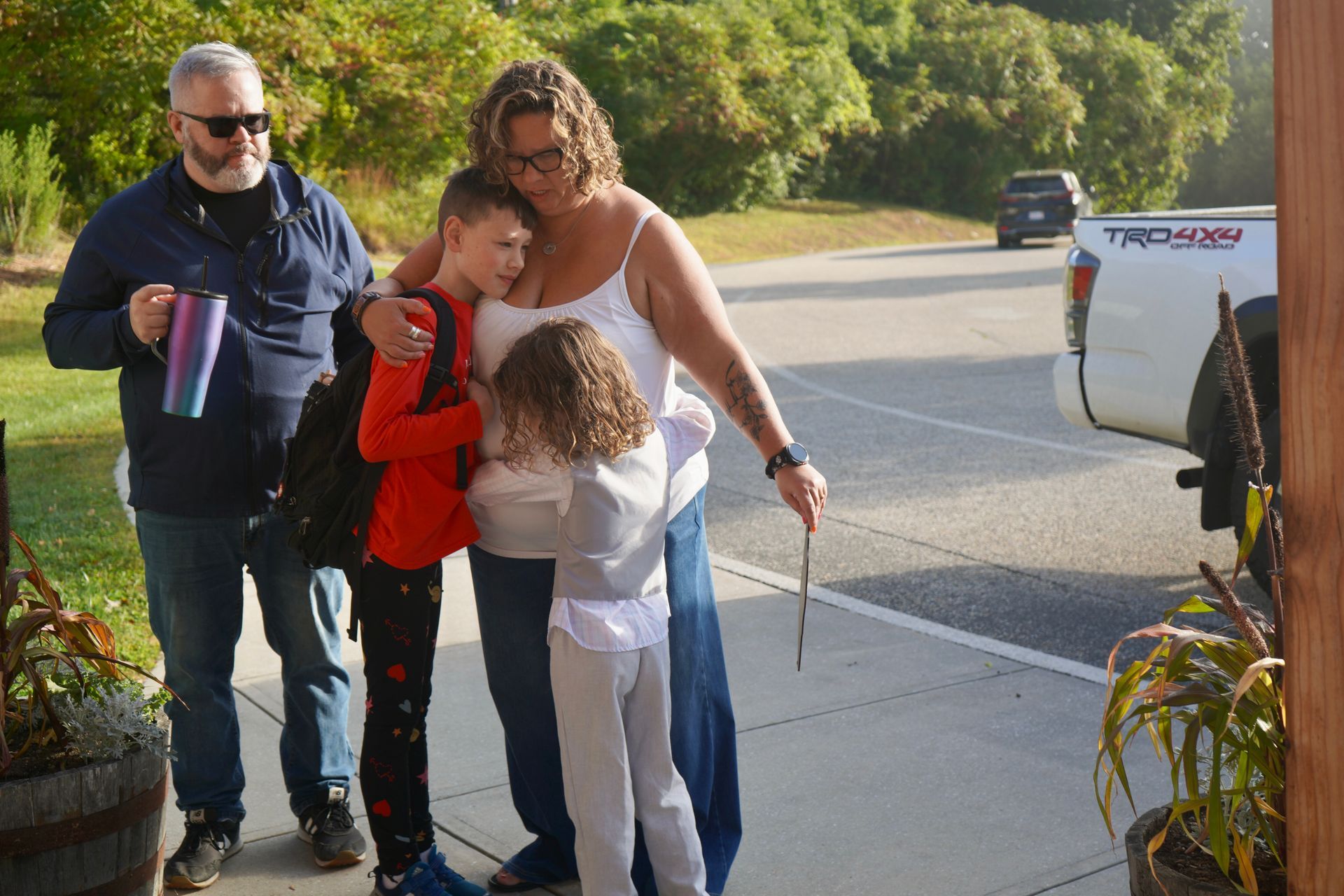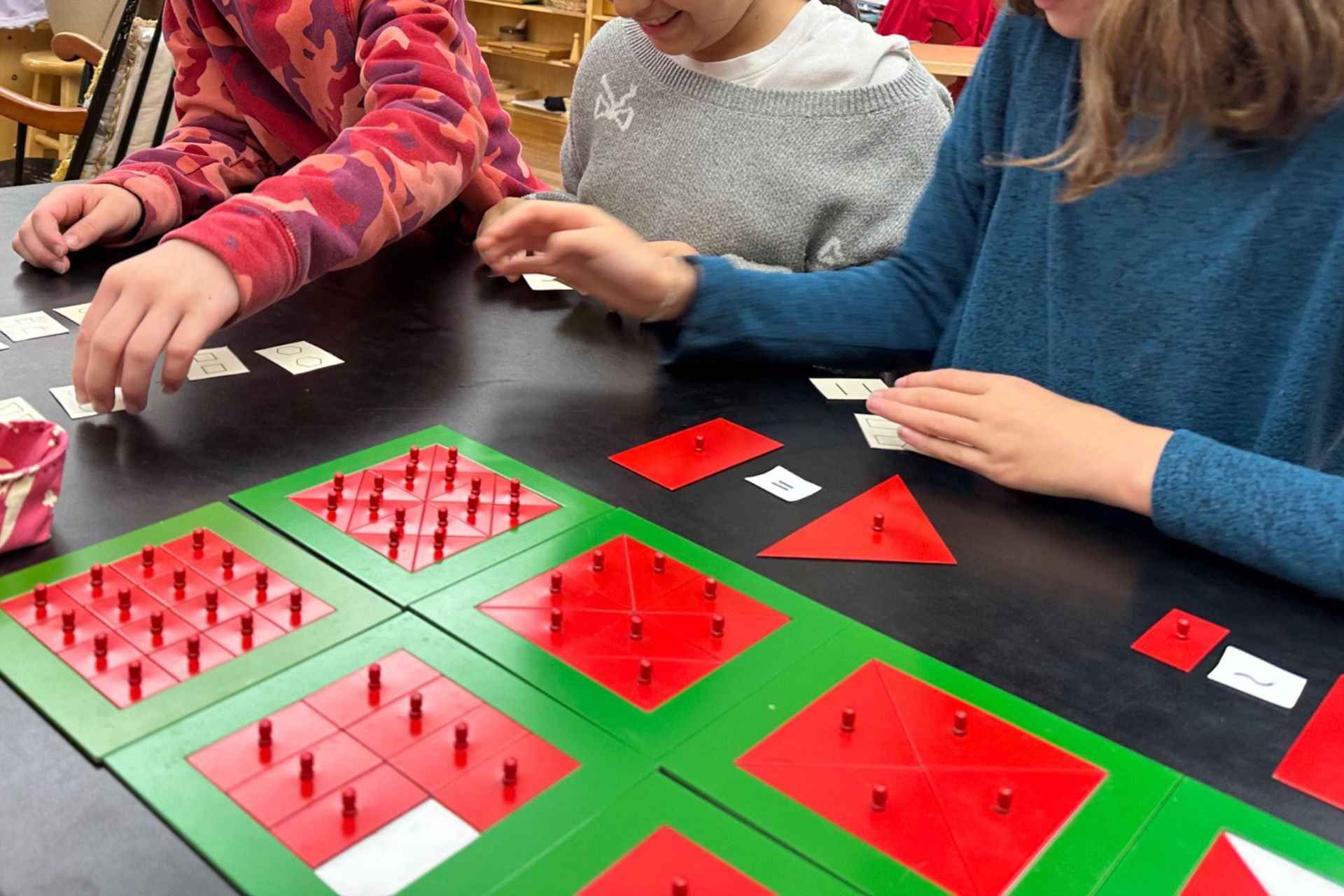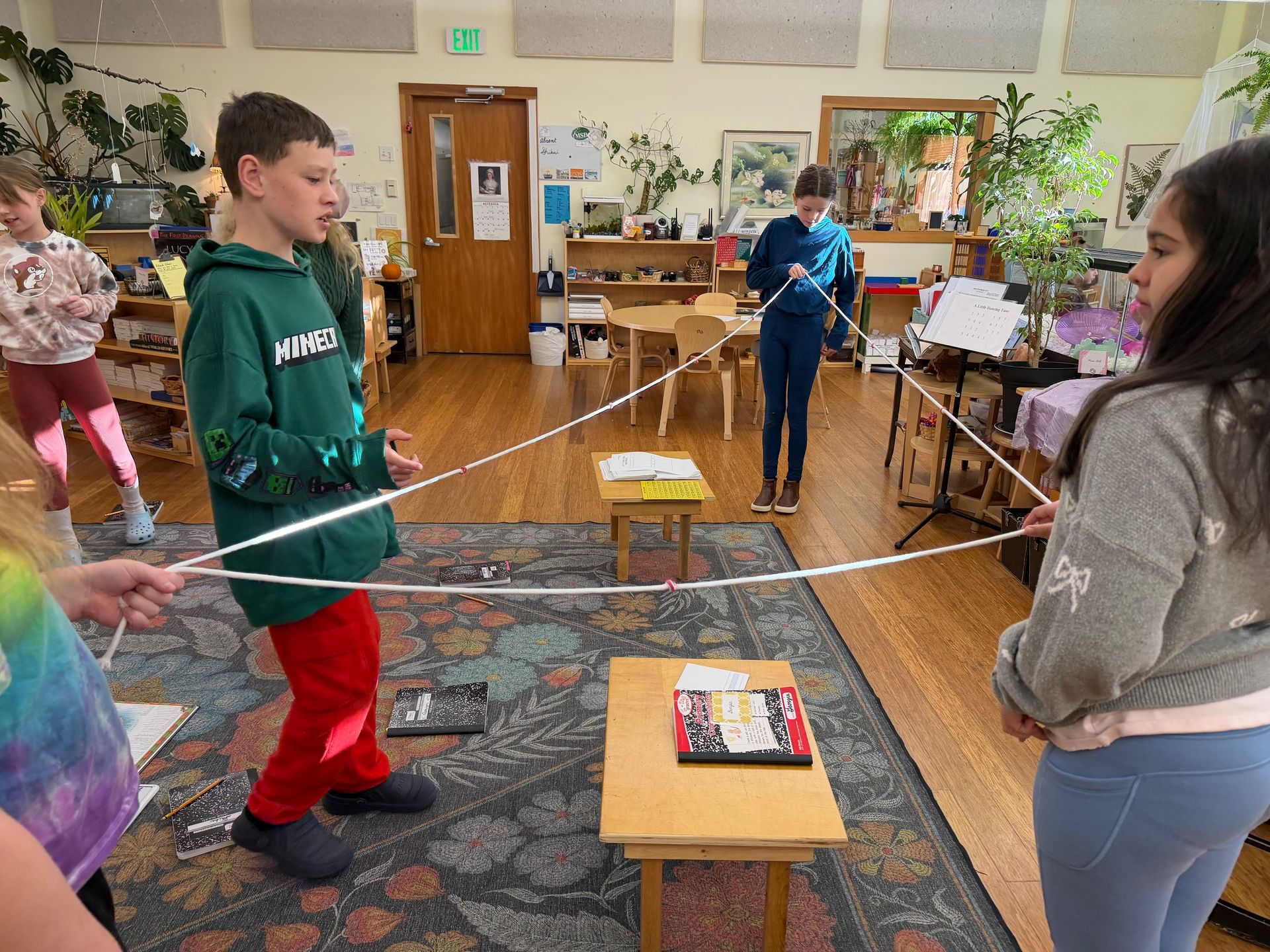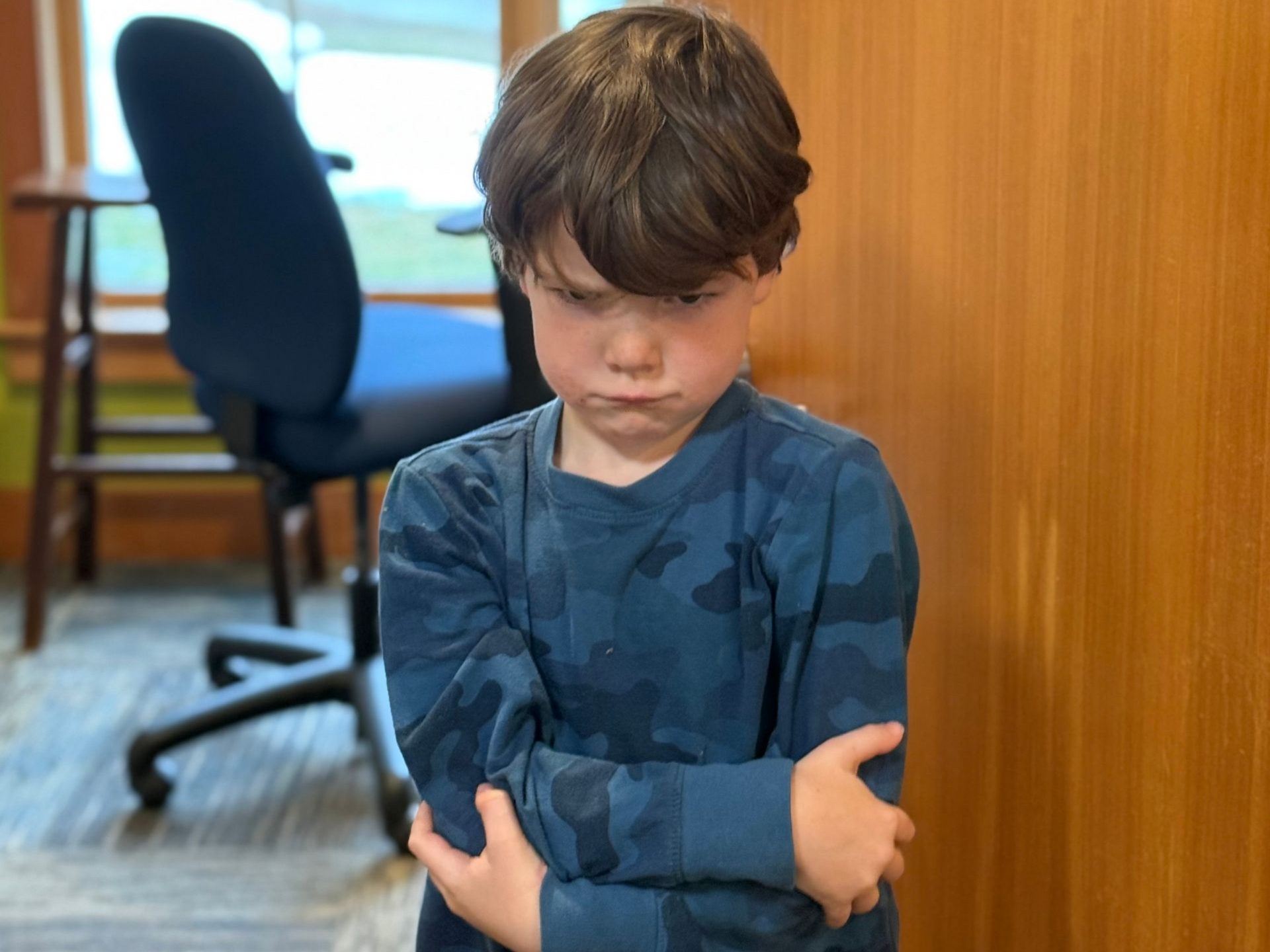The Icing on the Cake: Why the Kindergarten Year is Critical
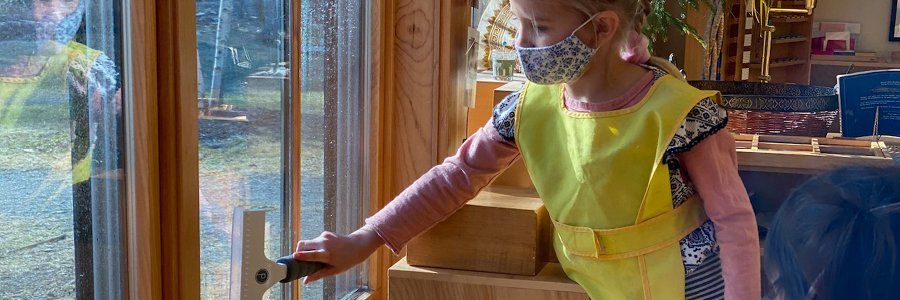
It’s that time of year again. We are all beginning to think about enrollment for the 2021-2022 school year. We hope all the families in our community will continue with us, and this article is aimed at one specific group of you: the parents of next year’s kindergartners.
We find this tends to be a critical year for many families. Some folks turn to Montessori initially because they are looking a social experience for their child before they become eligible to attend their local public schools. Once that time comes, it seems natural to make the transition.
We see things a bit differently (of course!).
What’s so different about the final year of the primary (Children’s House) cycle?
Many parents want to know what is so special about the third (or sometimes fourth) year of the cycle. It is helpful to understand that Montessori programs are organized with the intention that a child will remain for the duration. We embrace the multiple years our guides get to spend with each individual child, and the way we teach reflects as much.
Our curriculum is one that spirals; this means that children are exposed to the same skills, but in very different ways, as they get older. This work begins with the very concrete, as that is what our youngest students most need. As children age, however, they become ready to learn skills in a more abstract way. Thus everything they have been practicing in their early primary years comes full circle and all the puzzle pieces begin to click into place.
Another very important element of the final year is the children’s opportunities for leadership. One of the greatest benefits of participating in a multi-age classroom is that when a child is younger they have plenty of older role models. When they are older, they have a chance to be a role model. Our oldest Children’s House students lead our younger children in so many ways. They even help teach some lessons, which is one way we, as guides, know that they have fully mastered academic material.
How will my child’s academics be affected?
There is no doubt that Montessori takes a different approach to academics than most conventional education settings. The irony is, while our primary goal is not to focus on academic rigor, but to honor it as one element of the developing child, in the long run our standards tend to be much higher and our students come away with a much deeper understanding of the content.
Take our math program for example. Many of us grew up learning to memorize the processes to complete various mathematical operations. Some of us struggled at times when things didn’t make sense. In a Montessori school, the materials allow children to understand what exactly is happening with the numbers, allowing them to form mental pictures so the math makes sense on a much deeper level.
This approach does take time, but in the long run children not only have a firm grasp on a wide variety of content, but they are able to think creatively and independently, to be self-driven or work cooperatively, and they have a passion and joy for learning and the world around them. School isn’t just about memorizing facts, it’s about education in a whole-child sense of the word.
But our local public schools are free…
We understand that independent school tuition can be a burden for many families, and we want our programs to benefit as many children as possible. We don’t want finances to stand in the way of Montessori education for your child. If paying tuition is a challenge, please consider applying for financial aid; we do our very best to help families make it work.
Making the decision
Before you make your final decision, we encourage you to think about what you would ideally like your child’s educational experience to be like. Figure out what your values are and how you define them as a family. Once you do, we would love for you to sit and observe in one of our classrooms and do the same at any other school you are considering.
Our doors are open. If you still have questions or concerns,
call us any time to chat.
